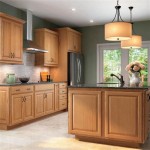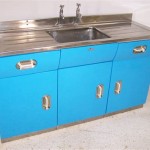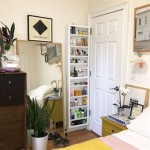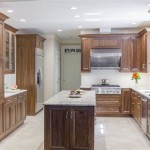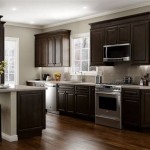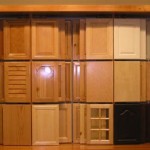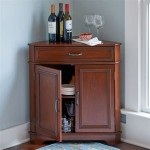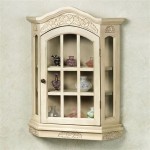Childproofing Your Cabinets: Ensuring Maximum Safety for Your Little Explorers
As your little ones begin their journey of exploration, it's essential to prioritize their safety in every aspect of their environment. One crucial area that often goes unnoticed but holds significant potential for hazards is the accessibility of cabinets. To create a safe and secure home for your curious climbers, childproofing your cabinets is paramount.
Identify Potential Risks
Before implementing childproofing measures, it's vital to understand the risks associated with accessible cabinets. These include:
- Harmful substances: Cabinets often store cleaning supplies, medications, and other potentially toxic substances that can be dangerous if ingested or inhaled.
- Heavy objects: Pots, pans, and other heavy items can cause serious injuries if they fall on a child's head or limbs.
- Sharp edges: Cabinets with sharp edges can pose laceration risks if a child bumps into them while playing. li>Entrapment: Cabinets with pull-out shelves or deep drawers can pose an entrapment hazard if a child gets trapped inside.
Choosing the Right Childproofing Devices
Numerous childproofing devices are available to secure cabinets and drawers. The most effective devices depend on the type of cabinet, its location, and the age of the child. Some common options include:
- Toggle/Magnetic Latches: These latches require a specific motion or magnet to open, making them difficult for children to operate.
- Pinch-Resistant Locks: These locks pinch the cabinet door or drawer closed, preventing children from opening it.
- Cord Winder Locks: These locks secure cabinet doors or drawers with a cord that can be easily released by adults but is out of reach for children.
- Furniture Straps: These straps are used to anchor furniture, such as dressers and bookcases, to the wall to prevent them from tipping over.
Installing Childproofing Devices Correctly
Proper installation is crucial for the effectiveness of childproofing devices. Here are some tips:
- Follow instructions carefully: Each device comes with specific installation instructions that must be followed precisely.
- Use high-quality materials: Opt for latches and locks made from durable materials that can withstand constant use and wear.
- Test the devices regularly: Periodically test the childproofing devices by opening and closing cabinets and drawers to ensure they are functioning properly.
Additional Safety Tips
In addition to installing childproofing devices, consider the following safety tips:
- Store dangerous items out of reach: Place potentially hazardous substances in high cabinets or locked containers where children cannot access them.
- Keep hazardous items in their original containers: Never transfer toxic substances to unlabeled containers, as this can lead to accidental ingestion.
- Supervise children in kitchens and bathrooms: These rooms often contain numerous potential hazards, so adult supervision is essential.
- Educate children about safety: As children grow older, teach them about the dangers of opening cabinets and the importance of following safety rules.
Conclusion
Childproofing your cabinets is a crucial step in creating a safe and secure environment for your little ones. By carefully selecting and installing childproofing devices, following proper installation instructions, and implementing additional safety tips, you can significantly reduce the risks associated with accessible cabinets and ensure peace of mind knowing that your children are protected.
A Guide To Childproofing Your Home
How To Babyproof And Childproof Your Home S Kitchen Business Insider

Baby Proofing Cabinets Top Methods To Ensure Safety

Childproof Your Kitchen Baby Proof Sa South

Baby Proofing Cabinets Top Methods To Ensure Safety

Baby Proofing Cabinets Top Methods To Ensure Safety

How To Childproof Cabinets 4 Solutions For A Baby Friendly Home

How To Childproof Your Kitchen Keep Little Ones Safe

Safety Tips Childproofing Your Home

Baby Proofing Cabinets Top Methods To Ensure Safety
Related Posts

